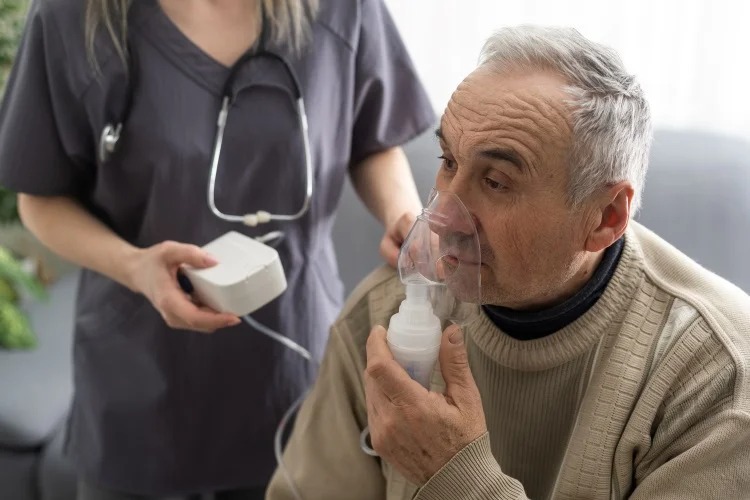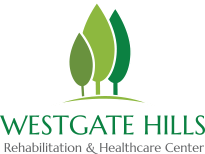Who Can Benefit from Pulmonary Rehabilitation?

Pulmonary rehabilitation, commonly referred to as pulmonary rehab or PR, is a supervised medical program designed for individuals with chronic breathing issues related to lung disease. The program aims to enhance a patient’s quality of life and functional capacity through a combination of exercises and breathing techniques. While PR complements medical treatment, it does not serve as a replacement.
Typically conducted on an outpatient basis in hospital settings or clinics, some programs may also be administered at home. Collaborating with a multidisciplinary team of healthcare providers, participants in PR work towards alleviating symptoms, improving exercise tolerance, and facilitating daily activities. Learn more about the basics of pulmonary rehab. 1,2
Who is Pulmonary Rehab For?
Struggling with lung disorders can significantly impact one’s daily life, manifesting in challenges like breathlessness, chronic coughing, and persistent anxiety. While some lung diseases are either incurable or may have limited help, some of their symptoms can be managed. The goal of pulmonary rehabilitation programs is to mitigate the debilitating effects of these conditions by offering a holistic approach encompassing exercise, education, breathing techniques, and nutritional guidance.
If you or a loved one grapples with a chronic lung disease or a condition hindering breathing and limiting everyday activities, a healthcare provider might recommend pulmonary rehabilitation. Here are some examples of conditions where PR could prove beneficial: 2,3
Chronic obstructive pulmonary disease (COPD)
Chronic obstructive pulmonary disease (COPD) is a chronic and progressive lung condition characterized by inflammation and obstruction of the airways, leading to difficulties in breathing. Common symptoms include shortness of breath and increasing limitations in daily activities. Emphysema and chronic bronchitis are the primary contributors to COPD, both resulting in partial blockage of the airways, which hinders the flow of air in and out of the lungs. 1,4
Interstitial lung diseases
Interstitial lung diseases (ILD) encompass a broad spectrum of disorders characterized by progressive scarring of lung tissue. Conditions like sarcoidosis and pulmonary fibrosis are examples, leading to the gradual formation of scar tissue within the lungs, often irreversible. This impairs the lungs’ ability to efficiently exchange oxygen. ILD can result from various factors, including long-term exposure to hazardous materials like asbestos or certain autoimmune diseases such as rheumatoid arthritis. While medications may help slow disease progression, many individuals with ILD experience persistent lung impairment. 1,5
Cystic fibrosis (CF)
Cystic fibrosis (CF) is a prevalent and fatal genetic disorder primarily impacting the respiratory and digestive systems, particularly prevalent among young people. Pulmonary symptoms for CF include thick, sticky mucus that obstructs the airways in their lungs, leading to breathing difficulties and increasing susceptibility to life-threatening lung infections. Additionally, CF affects the pancreas by impeding the release of digestive enzymes necessary for food breakdown, resulting in poor nutrient absorption. The accumulation of mucus can also block the bile duct in the liver, potentially leading to irreversible liver damage in some CF patients. 1,4
Lung surgery preparation and recovery
Pulmonary rehabilitation proves invaluable for individuals preparing for or recuperating from lung surgery, such as lung transplant or lung cancer surgery. Lung transplant surgery involves replacing a diseased lung with a healthy one to enhance quality of life and survival, while lung cancer surgery aims to remove tumors. Both procedures necessitate optimal respiratory health and function, making pulmonary rehab essential. Through a combination of exercises, education, and breathing techniques, pulmonary rehab helps individuals strengthen their lungs, improve respiratory function, and enhance overall recovery outcomes. 2,4
Asthma
Asthma is a chronic condition characterized by heightened sensitivity in the lungs, leading to difficulty breathing. Although asthma cannot be cured, effective management strategies enable individuals with asthma to maintain normal, active lifestyles. Triggers such as allergens, pollutants, or respiratory infections can induce inflammation and mucus production in the airways, resulting in their constriction and narrowing. This constriction makes it challenging for air to flow freely through the lungs, exacerbating breathing difficulties. Additionally, asthma can cause the airways to become tight and constricted, further impeding airflow. Proper treatment and avoidance of triggers are essential in managing asthma symptoms and improving respiratory function. 4
Other Qualifying Respiratory Conditions
Pulmonary hypertension – a term to describe abnormally high blood pressure in your lungs.
Pneumonia – an infection causing inflammation of one or both lungs.
Bronchiectasis – a chronic condition where the airways of the lungs become widened, leading to a build-up of excess mucus heightening the lungs’ susceptibility to infections.
Scoliosis – a spinal deformity that can affect lung function.
Muscle-wasting disorders – progressive weakness affecting breathing muscles (e.g., muscular dystrophy). 1,2,4
Getting Started with a Pulmonary Rehabilitation Program
The respiratory diseases and conditions discussed above are some of the examples that would make a patient eligible for pulmonary rehabilitation, especially if the symptoms impact their daily lives. Diagnosis often entails pulmonary function tests to assess lung function and severity of impairment. Symptoms may include persistent coughing, shortness of breath, and limitations in physical activities. Functional limitations may manifest as difficulty climbing stairs, walking short distances, or performing routine tasks.
Once deemed eligible, patients require a physician’s prescription to enroll in a medically supervised program. Pulmonary rehab encompasses various therapies, including exercise training, education on self-management strategies, inhaler techniques, stress management, and nutritional counseling. Socialization and support groups also play integral roles in fostering emotional well-being. As pulmonary rehab focuses on tailored interventions, patients collaborate with healthcare professionals such as respiratory therapists to set specific goals aimed at improving their quality of life.
To explore pulmonary rehabilitation options and initiate the journey toward better respiratory health, individuals with respiratory diseases are encouraged to consult their healthcare providers and inquire about eligibility for pulmonary rehab programs. 6
References
[1] “Pulmonary Rehabilitation | Cystic Fibrosis | COPD.” MedlinePlus, U.S. National Library of Medicine, medlineplus.gov/pulmonaryrehabilitation.html
[2] “Pulmonary Rehabilitation.” National Heart Lung and Blood Institute, U.S. Department of Health and Human Services, www.nhlbi.nih.gov/health/pulmonary-rehabilitation.
[3] “Pulmonary Therapy & Rehabilitation.” RWJBarnabas Health, www.rwjbh.org/treatment-care/pulmonary-therapy/.
[4] “Lung Diseases A to Z: Canadian Lung Association.” Lung Diseases A to Z | Canadian Lung Association, www.lung.ca/lung-health/lung-diseases.
[5] “Interstitial Lung Disease.” Mayo Clinic, Mayo Foundation for Medical Education and Research, 25 Apr. 2023, www.mayoclinic.org/diseases-conditions/interstitial-lung-disease/symptoms-causes/syc-20353108.
[6] Association, American Lung. “Why You Should Consider Pulmonary Rehab.” American Lung Association, www.lung.org/blog/about-pulmonary-rehab.
The information provided in the article is for general informational purposes only. This information is not a substitute for medical advice. Accordingly, before taking any actions based upon such information, you are encouraged to consult with the appropriate professionals.



